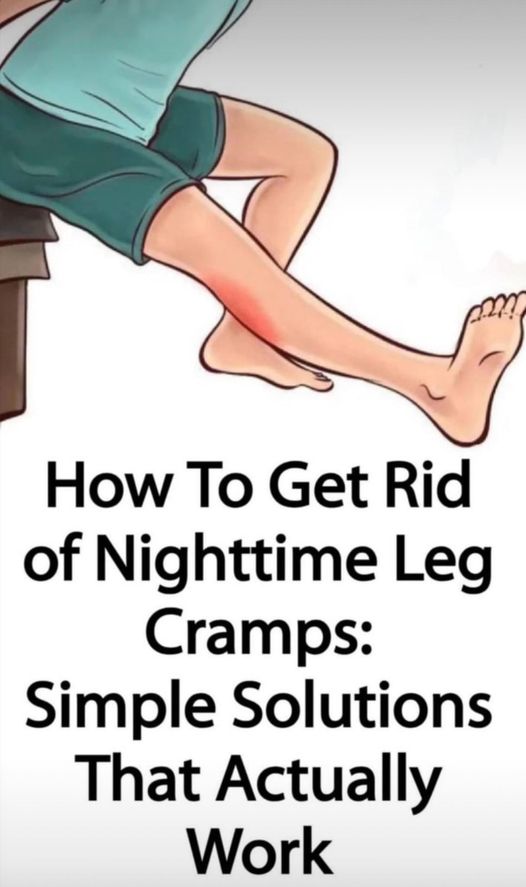ADVERTISEMENT
Step 1: Stretch and Massage the Muscle
Stretching:
- If you wake up with a cramp, immediately stretch the affected muscle.
- For a calf cramp: Sit on the bed and straighten your leg. Flex your foot upward, pulling your toes toward your shin.
- For a thigh cramp: Stand up, bend your knee, and pull your foot toward your buttocks.
Massaging:
- Gently massage the cramped muscle with your hands to increase blood flow and release tension.
- Use circular motions and gradually apply more pressure until the cramp subsides.
Step 2: Apply Heat or Cold
Heat:
- Use a heating pad, warm towel, or take a warm shower to relax the muscle.
- Place the heat source on the affected area for 10-15 minutes to reduce pain and tightness.
Cold:
- If the muscle feels sore after the cramp subsides, apply an ice pack wrapped in a cloth to reduce inflammation and numb the pain.
Step 3: Stay Hydrated
- Dehydration is a common cause of muscle cramps, so drink a glass of water as soon as the cramp occurs.
- To prevent future cramps, aim to drink at least 8-10 cups of water daily. Increase your intake if you exercise or sweat heavily.
Step 4: Replenish Electrolytes
Electrolytes such as potassium, magnesium, and calcium play a vital role in muscle function.
- Eat foods rich in potassium, like bananas, oranges, and avocados.
- Include magnesium-rich foods like spinach, nuts, and seeds in your diet.
- Add calcium-rich options like dairy products, leafy greens, and fortified plant-based milks.
Alternatively, you can use an electrolyte drink to quickly restore balance.
Step 5: Adjust Your Sleeping Position
- Avoid sleeping with your feet pointed downward, as this position shortens the calf muscles.
- Place a pillow under your knees or at the foot of the bed to keep your feet in a neutral position.
- If you sleep on your back, use a rolled-up towel under your ankles to gently elevate your feet.
Continued on the next page …..
ADVERTISEMENT
